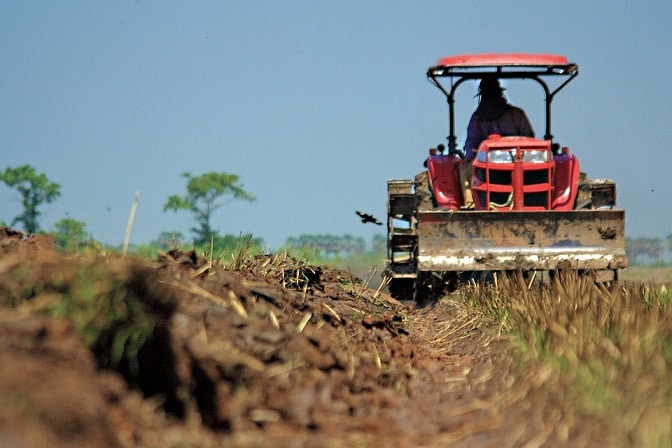There has been a call for a global framework to take action against water scarcity concerning agricultural needs. Water is required to meet agricultural demands every day to produce the food all over the world. It is needed to care for ecosystems like lakes, wetlands, forests, and to provide nutritional security now and in the future. If agriculture is not made sustainable now, it can affect many future generations to come.
An Increased Demand for Water and Food Requires a Sustainable Future
The problem with sustainable agricultural practices is that it requires clean freshwater resources that are of a similar quality required by households for drinking and fulfilling household duties. Water is required for food production that includes fisheries, livestock, and then, of course, to irrigate crops. Additionally, water is is needed for the energy, economic, and industry sectors. It also supports economic growth, and without it, everything falls apart.
Considering this, it’s scary to think just how many regions in the world are affected by water scarcity, including California, Jordan, Eastern China, Southern Africa, all of which make up two-thirds of the global population. That’s 4 billion people affected by a lack of agricultural practices due to water scarcity. As the population grows, the demand for food and water also increases. By 2050, it is estimated that the global population is set to increase to 9 billion people. Due to this reality, food preferences are starting to change, and the consumption of staple foods, like carbohydrates, declines. Today, the demand for milk, fruit, vegetables, and meat are on the rise, which requires much more water. To add to these matters, there is also a fight for land between nations. To ensure global sustainable food security that secures economic and social opportunities, it is necessary to protect agriculture and ecosystem services.
Get bottled water coolers from Living-Water in London.






